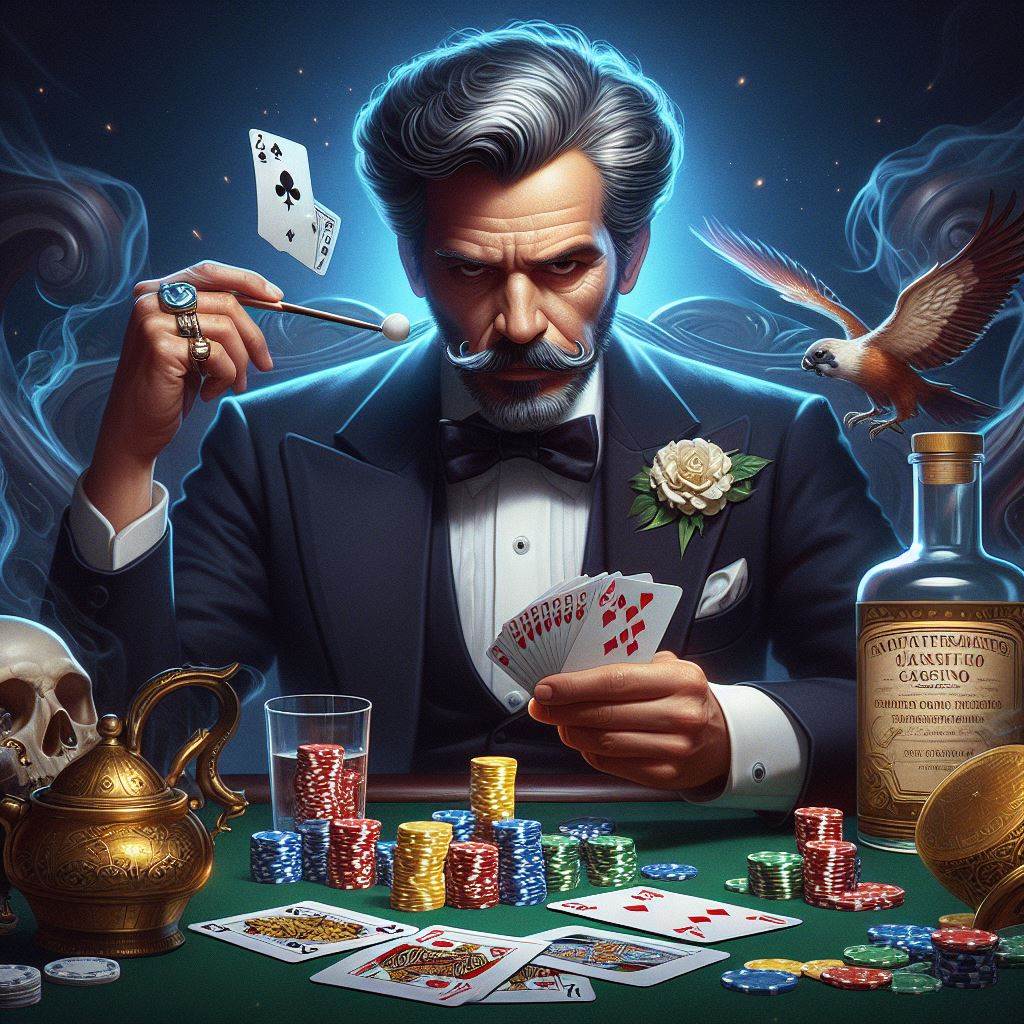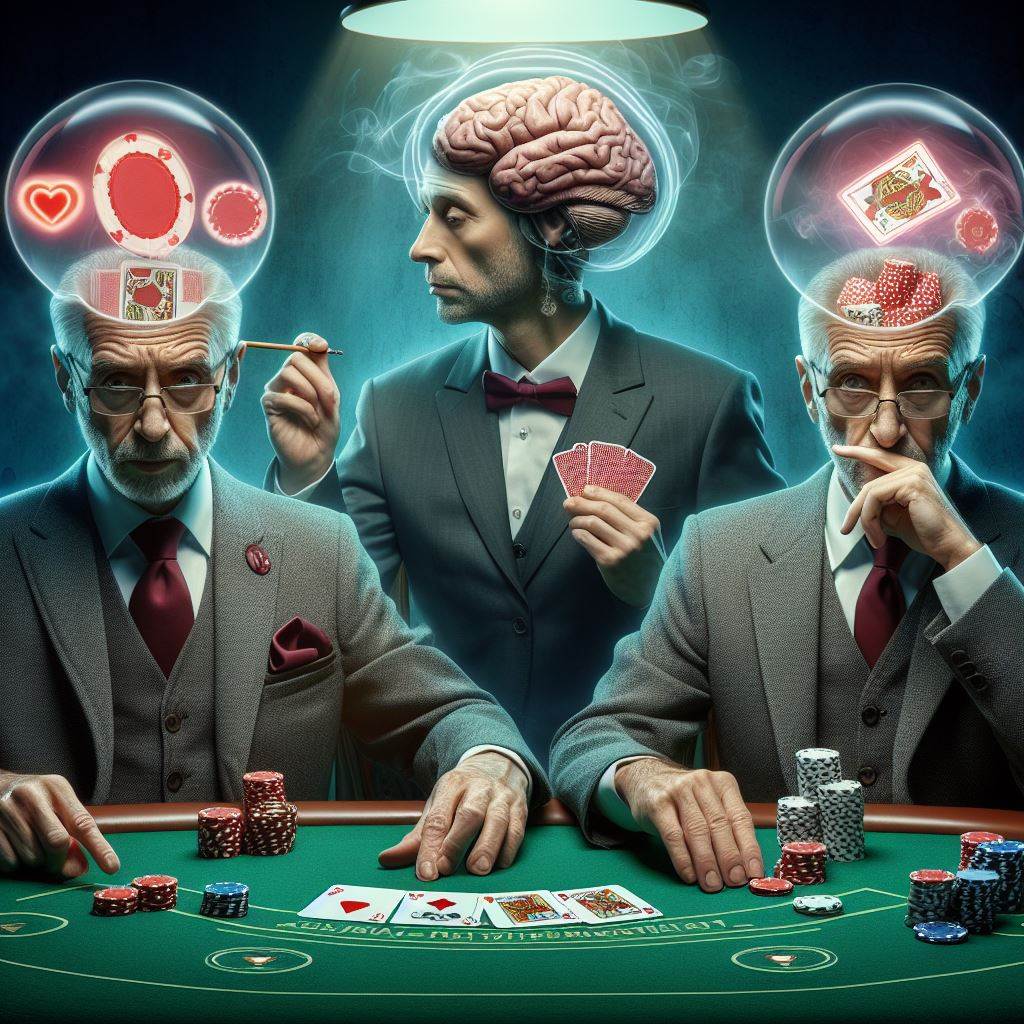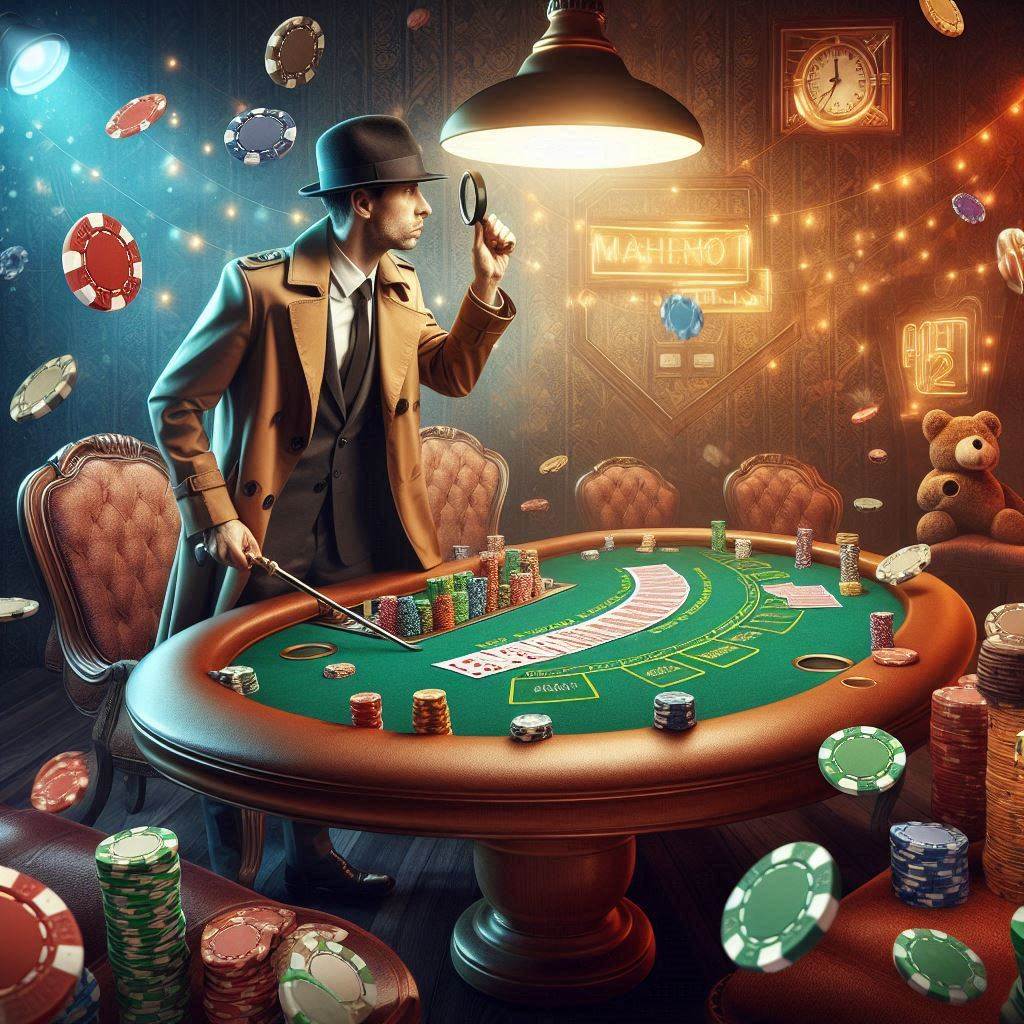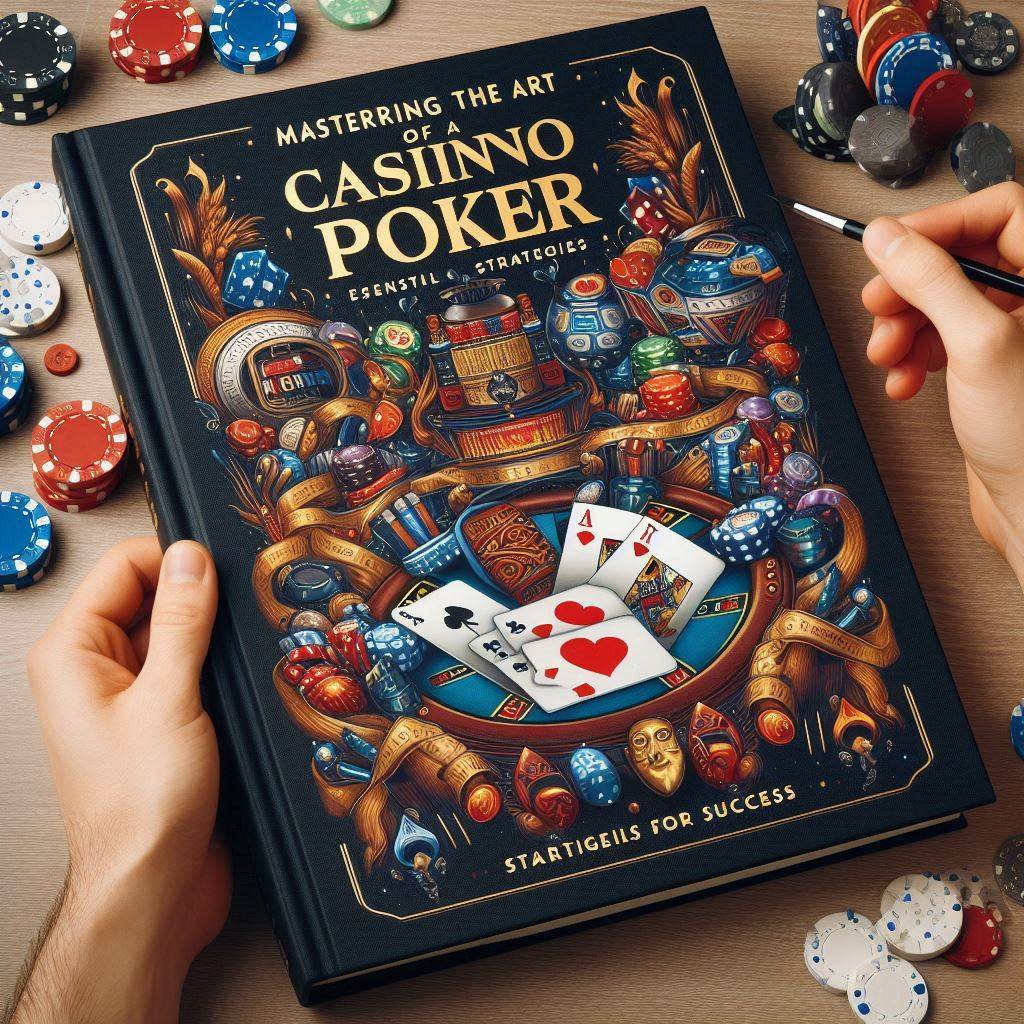The clinking of chips and the shuffle of cards are sounds familiar to any poker player,at the Casino Tables but the most crucial aspect of poker might just be the silent game of psychology played at the tables. Understanding the nuances of poker psychology and mastering the art of reading opponents are skills that elevate good players to great ones. This article delves into the fascinating world of mind-reading in poker, offering insights into how you can gain a psychological edge in your next casino visit.
The Foundation of Poker Psychology
Poker is not merely a game of chance; it’s a complex battle of wits, where understanding the mindset of your opponents can be the difference between winning and losing. At its core, poker psychology revolves around two main aspects: controlling your own emotions and deciphering the emotions and intentions of your opponents.
The Art of the Bluff
Bluffing is a fundamental strategy in poker, but its success largely depends on your ability to project confidence and disguise your true intentions. The psychological aspect of bluffing isn’t just about deceiving your opponents; it’s about doing so in a way that is consistent with your playing style,at the Casino Tables making your bluff nearly indistinguishable from your genuine plays.
Tells: The Window to the Mind
A “tell” is a change in behavior or demeanor that can provide clues about an opponent’s hand. These can range from physical gestures, like touching one’s face, to patterns of betting. Seasoned players are adept at masking their tells or even using false tells to mislead their opponents. Learning to observe these subtle cues without becoming overly reliant on them is a critical poker skill.
The Psychological Battleground
The psychological warfare at a poker table is intense. Players employ strategies such as varying their play style to remain unpredictable, applying pressure through aggressive betting, and even engaging in table talk to elicit information or unsettle opponents. The ability to remain calm and collected, disguising your emotions while trying to provoke those of your opponents, is a powerful tool in poker.
Emotional Control and Tilt
One of the greatest psychological challenges in poker is managing your own emotions. The term “tilt” refers to the frustration and poor decision-making that can follow bad beats or losses. Recognizing the onset of tilt and having strategies to regain emotional control—such as taking a break from the table or practicing mindfulness—can save you from making costly mistakes.
Reading Minds: Beyond the Basics
Advanced poker psychology goes beyond simply observing physical tells; it involves understanding betting patterns, player tendencies, and even the psychological impact of the game’s setting. By paying attention to how players react to different situations, you can start to predict their moves and adjust your strategy accordingly.
The Psychological Edge
Ultimately, the player who can best manage their own psychological state while deciphering that of their opponents holds a significant edge in poker. This requires not just practice and observation but also a deep understanding of human nature and behavior. Reading poker strategy books, studying hand histories, and reflecting on your own play can all contribute to developing this keen psychological insight.
Conclusion
Mastering poker psychology is about more than just reading tells; it’s about understanding the human element of poker. By developing your ability to read minds at the casino tables, you not only improve your chances of winning but also deepen your appreciation for this complex and fascinating game. As you shuffle up and deal, remember that the most significant battles in poker are often fought in the mind.









